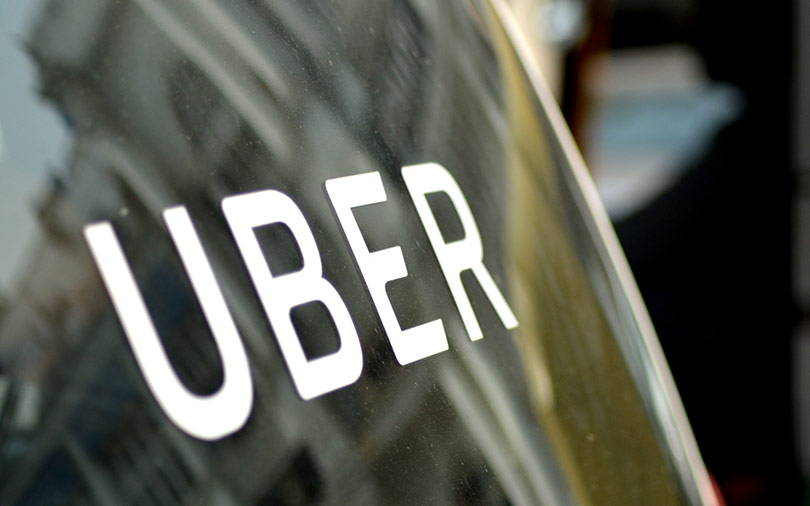
Uber will use voice to fuel its next billion rides


Having completed a billion rides in South Asia, cab-hailing firm Uber is now aiming to flood markets, especially India, with another billion in a voice-activated future dreamt up by its two technology centres in Bengaluru and Hyderabad, an executive told TechCircle.
Initially, humans will field phone calls for cab booking, only to be replaced with voice-laced artificial intelligence aimed at racking up the next billion users -- many of whom can’t operate an app but can speak to a voice-activated device for the nearest available cab.
“Not everyone is comfortable using the app. Aged relatives, grandparents and people who are not used to apps might be more comfortable placing calls,” said Apurva Dalal, head of India engineering, Uber.

The dive into human-less voice commands, in line with Uber’s autonomous car programme imagining a driverless future, will not remain restricted to riders alone. Cabbies, who often find it hard to process requests on the app while driving, will also enter a voice-activated future.
For example, bike-riding partners of food-delivery app UberEats who cannot accept requests on duty will be able to do so with voice, said Dalal.
“We have already piloted human-assisted call-to-ride feature in India (Ludhiana, Chandigarh, Jaipur, Mumbai and Delhi) and outside,” said Dalal. “But we want to see how we can apply new technology to natural language processing and we are doing a lot of experimentation on this,” she added.

Language processing aside, Uber’s engineering team is also using artificial intelligence and machine learning (ML) to improve consumer experience. For example, users find it confusing to drop a pin for pickup on Uber Lite app, the team observed.
“So we decided to ask the customers to enter a location instead,” said Dalal. The Uber Lite app, developed in India, is optimised for use on low-end Android devices and sub-3G networks.
The Uber engineering team also relies heavily on the year-old Michelangelo, an internal ML-as-a-service platform on which solutions are built and deployed in the company. Michelangelo consists of a mix of open source systems and components built in-house.

Apart from this, Uber wants to know whether you are booking a cab for yourself or for friends and family. “We see a lot of cases, say at a wedding, where people are trying to book for other family members. Now we have an option on the app which asks who you are booking for,” said Dalal, adding, “We are willing to spend on infrastructure.”
